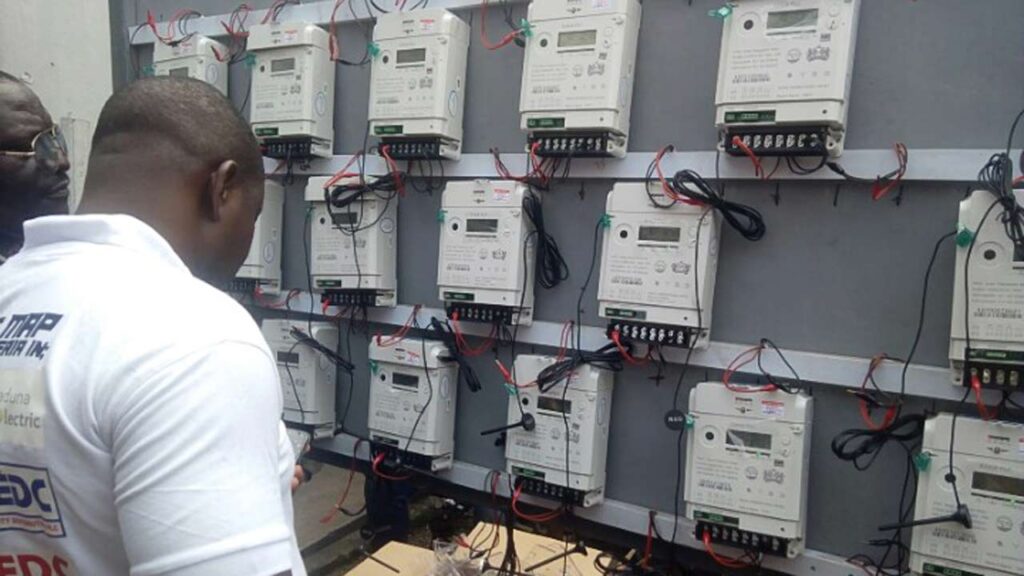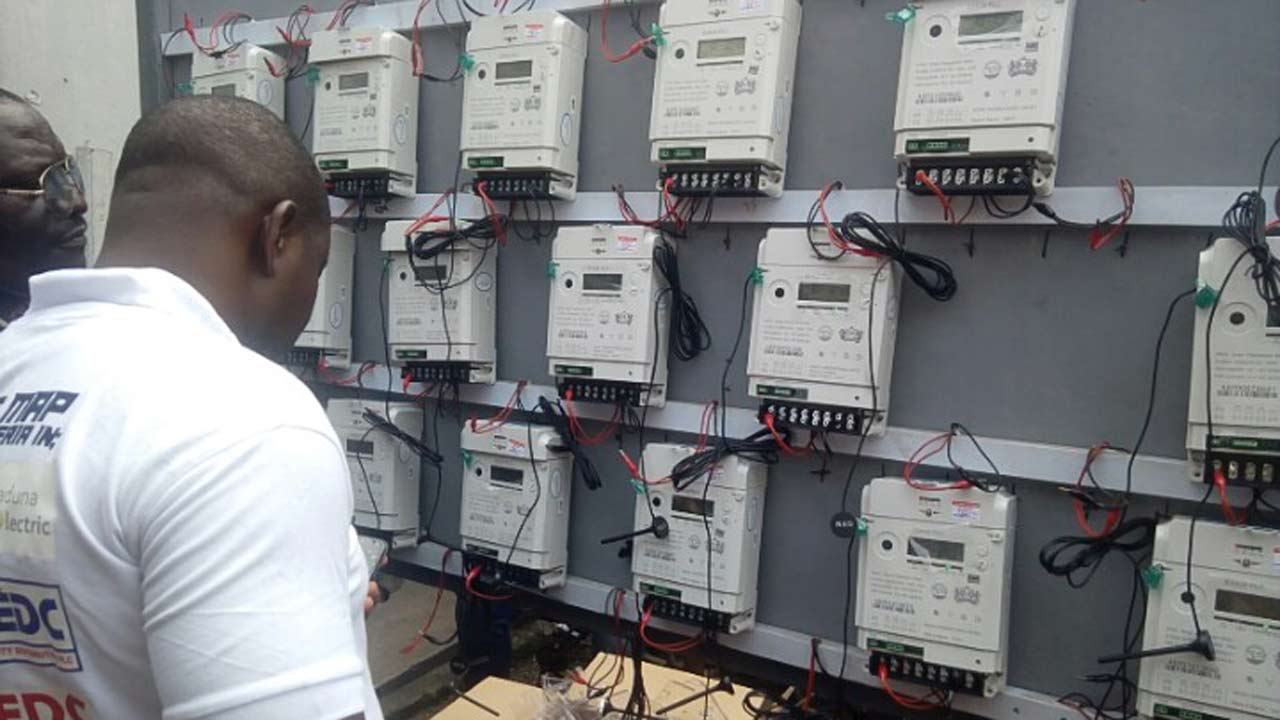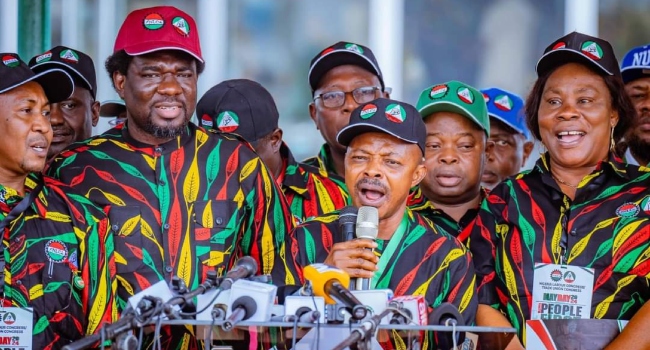Estimated reading time: 3 minutes
In a move that could significantly reshape Nigeria’s electricity sector, the Nigerian Governors’ Forum (NGF) has called on the Federal Government (FG) to enforce a “no-meter, no-service” policy for all new electricity connections nationwide.

This policy recommendation, outlined in a document titled “Development of the National Integrated Electricity Policy & Strategic Implementation Plan: Policy Recommendations by State Governments to the Federal Ministry of Power,” suggests a growing consensus among states for a major shift in electricity policy.
The document read: “States believe that the provision of electricity meters to close the huge metering gap is a necessary requirement to make sub-national markets viable. However, SERCs in conjunction with the Distribution Licensees should be allowed to determine the meter technology, type and form of meters to be deployed within their states’ electricity markets, taking into consideration the cost of meters, extent of the telecommunications coverage in the State, tariff methodologies adopted by the SERC (fixed tariff, time of use, etc) and metering requirement in urban and rural communities and across customer categories arising from their energy consumption.
“States are of the view that the national electricity policy should mandate an immediate “no-meter, no-service” policy for all new connections, to prevent the metering gap from further increasing.”
The NGF’s proposal appears to be driven by two key objectives:
- Combating Unfair Billing: Without proper metering, many Nigerians rely on estimated billing, a system often criticized for being inaccurate and leading to overcharging, particularly for low-income households.
- Reducing Subsidy Burden: Nationwide metering would provide a clearer picture of actual electricity consumption, potentially paving the way for a reduction or elimination of electricity subsidies. These subsidies, while intended to make electricity more affordable, have been criticized for being inefficient and a drain on public finances.
The FG has previously acknowledged the need for increased metering, launching initiatives like the Meter Asset Provider (MAP) program. However, progress has been slow, leaving a large metering gap. The NGF’s proposal for a mandatory “no-meter, no-service” policy could significantly accelerate the metering process.
However, the potential shift away from electricity subsidies raises concerns:
- Impact on Low-Income Households: Eliminating subsidies without proper safeguards could disproportionately burden low-income Nigerians who rely on affordable electricity.
- Investment Needs: A more market-driven electricity sector would likely require additional investment in infrastructure and renewable energy sources to ensure reliable and affordable power for all.
The FG’s response to the NGF’s proposal remains to be seen. Negotiations and policy discussions are likely to follow. The outcome of these discussions will have a significant impact on the future of Nigeria’s electricity sector, potentially leading to a more efficient and transparent system, but also requiring careful consideration of the potential impact on vulnerable populations.







